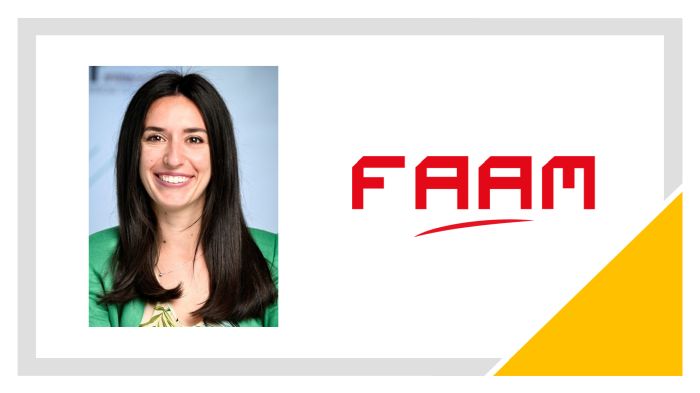I am Martina Romio and, at FAAM, I work as R&D Scientist and Technical Leader in the Episode project. I received my PhD in Chemistry at the Queen Mary University of London (UK) with focus on the on development of new materials for magnesium ion batteries. I worked as post-doctoral researcher at the Austrian Institute of Technology GmbH (Vienna, Austria) on cathode and anodes materials for Li and Mg-ion batteries, as well as the development of post-mortem, in-situ and in-operando characterisation methods. Together with being the laboratory manager of the Battery Materials Laboratory at the AIT, I was also involved in the writing, acquisition and management of national and European projects. In the Episode project, I will support in the coordination, and I will engage with the partners in the consortium to define requirements and specifications for materials, cells performance and safety protocols for battery modules. I will actively have my hands on the upscaling of the Episode technology from coin cells to industrial multilayer soft pouch cell (20 Ah).
What was your original motivation to pursue a career in innovation, e.g., become a researcher/project manager?
My curiosity to know new things and go beyond the common answers inspired me to follow a scientific career. My generation is aware and actively react to the climate change and environmental issues with a more sustainable approach to fashion, travel and lifestyle. As a researcher, I would like to leave my contribution in development of a sustainable battery production industry.
What is your (main) research area today?
My main research at FAAM is to assess, develop and upscale sustainable Na-ion technology starting from screening and assessment of anode, binder and cathode materials to pilot scale development of pouch cells. This includes physico-chemical characterisation of incoming materials, formulation evaluation, electrode preparation, assembly and testing of small (coin cell) and large (single layer and multilayer) scale batteries.
What is the main focus of you and your team in Episode?
FAAM will coordinate and manage the EPISODE project, playing a central role in the technical, dissemination and exploitation activities. FAAM will closely collaborate with the other partners to harmonise cell components, as well as align the process development and upscaling activities. FAAM will manufacture and characterise 20 Ah soft pouch cells to demonstrate the industrial production of sodium-ion batteries. FAAM will also establish the performance, safety and sustainability requirements of the final module, which will be then designed and assembled.
From all your activities within the project, what are you the most proud of/keen of to share with the public?
Understanding the current capabilities, within Europe, concerning Na-ion batteries supply chain is the ultimate goal of FAAM within the Episode project. The upscaling of the Episode’s technology from laboratory scale to real world formats (20 Ah) at FAAM facilities represents a real step towards the implementation of sustainable technologies in small and large energy storage devices. This will directly align with the objective of the European Green Deal and will contribute to Europe’s strategic technological capabilities, sustainability goals and industrial competitiveness, supporting its leadership in the global landscape of clean technologies and battery production.
How do you expect the Episode results will impact your organisation and the battery sector in Europe?
The EPISODE project will demonstrate and establish a European-based production of efficient and cost-effective modular sodium-ion battery (SIB) as sustainable alternative to Li-ion technologies. As a leading European Li-ion battery manufacturer, FAAM will expand its product portfolio by developing the knowledge and understanding needed to establish a state-of-the-art production facility for Na-ion cells and modules. At its completion, Episode will generate knowledge for a European-based battery ecosystem and present a feasible business plans by 2030 that will be able to compete with the strongest SIB industry in Asia.

